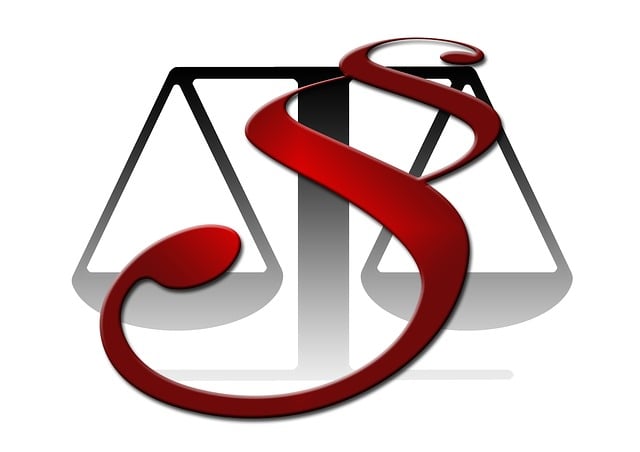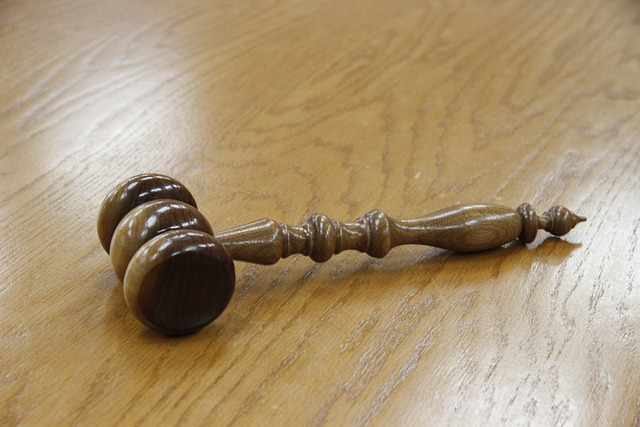In Washington County, the criminal defense process involves crucial stages from arrest to trial, where a dedicated defense team ensures fair rights and navigates complex rules. Client confidentiality is a cornerstone, fostering trust and enabling strategic planning. Effective evidence management and a strong ethical framework are vital for a just trial, with attorneys prioritizing integrity, fairness, and competence in an evolving legal landscape.
In the intricate dance of Washington County criminal defense, safeguarding rights is paramount. This article delves into the crucial aspects of protecting clients’ interests within the legal battle, focusing on navigating the Washington County criminal law process. We explore key strategies, from maintaining client confidentiality to effectively presenting evidence and upholding ethical standards. Understanding these elements ensures a robust defense, highlighting the importance of each step in the pursuit of justice.
- Understanding the Criminal Defense Process in Washington County
- The Importance of Preserving Client Confidentiality
- Strategies for Protecting and Presenting Evidence Effectively
- The Role of Legal Ethics and Professional Responsibility
Understanding the Criminal Defense Process in Washington County

In Washington County, the criminal defense process begins with an arrest, where a suspect is taken into custody for allegedly committing a crime. This critical stage is followed by an initial appearance before a judge, who ensures the accused understands their rights and sets bail or release conditions. The heart of the process involves pre-trial hearings, where attorneys for both sides present evidence and arguments, shaping the case’s trajectory. In Washington County criminal law, the defense team plays a pivotal role in challenging the prosecution’s claims, gathering exculpatory evidence, and employing strategic tactics to protect their client’s rights.
During this period, defendants are entitled to legal counsel, the right to remain silent, and protection from self-incrimination. The defense lawyer’s primary goal is to ensure a fair trial, scrutinize the prosecution’s case, and present a compelling argument on behalf of the accused. This meticulous navigation through the Washington County criminal law system demands a deep understanding of procedural rules, constitutional rights, and effective advocacy strategies.
The Importance of Preserving Client Confidentiality

In the dynamic landscape of Washington County criminal law, maintaining client confidentiality is paramount for effective criminal defense. This principle forms the bedrock of attorney-client relationship, fostering trust and encouraging open communication. When a defendant retains legal counsel, they share sensitive personal details related to their case—a privilege protected by law. An attorney’s duty is to safeguard these disclosures, ensuring they remain confidential within the confines of the representation.
Confidentiality plays a pivotal role in strategic planning and preparation for court. It enables lawyers to conduct thorough investigations, analyze evidence, and develop robust defenses without fear of repercussions or misuse of information. By preserving client confidentiality, Washington County criminal defense attorneys uphold not just professional ethics but also ensure their clients’ rights are protected throughout the legal process.
Strategies for Protecting and Presenting Evidence Effectively

In Washington County criminal law, protecting and presenting evidence effectively is a strategic art crucial to ensuring a fair trial. Legal professionals must employ meticulous techniques to safeguard every piece of relevant information while navigating the complexities of the legal process. One key strategy involves maintaining detailed records and documenting the chain of custody for all physical evidence. This ensures its integrity and admissibility in court, providing a clear trail from collection to presentation.
Additionally, legal counsel should utilize digital tools to organize and secure electronic data, including emails, surveillance footage, and forensic reports. By employing these methods, defense attorneys can effectively challenge or support their case, ultimately protecting their client’s rights and ensuring the truth comes to light in Washington County criminal cases.
The Role of Legal Ethics and Professional Responsibility

In the dynamic landscape of Washington County criminal law, the role of legal ethics and professional responsibility cannot be overstated. These principles serve as the bedrock upon which effective and just criminal defense is built. Attorneys must uphold a stringent code of conduct, ensuring their actions are guided by integrity, fairness, and respect for all parties involved. This includes maintaining confidentiality, avoiding conflicts of interest, and zealously advocating for their clients’ rights within the bounds of the law.
Moreover, legal ethics demand that attorneys prioritize their professional responsibility to society and the justice system. They must navigate complex moral dilemmas with diligence, ensuring every client receives competent and dedicated representation. By adhering to these ethical standards, criminal defense lawyers in Washington County not only strengthen the integrity of the legal process but also ensure that the rights of the accused are protected throughout their legal battles.






